Guest blog by Azzam Alwash
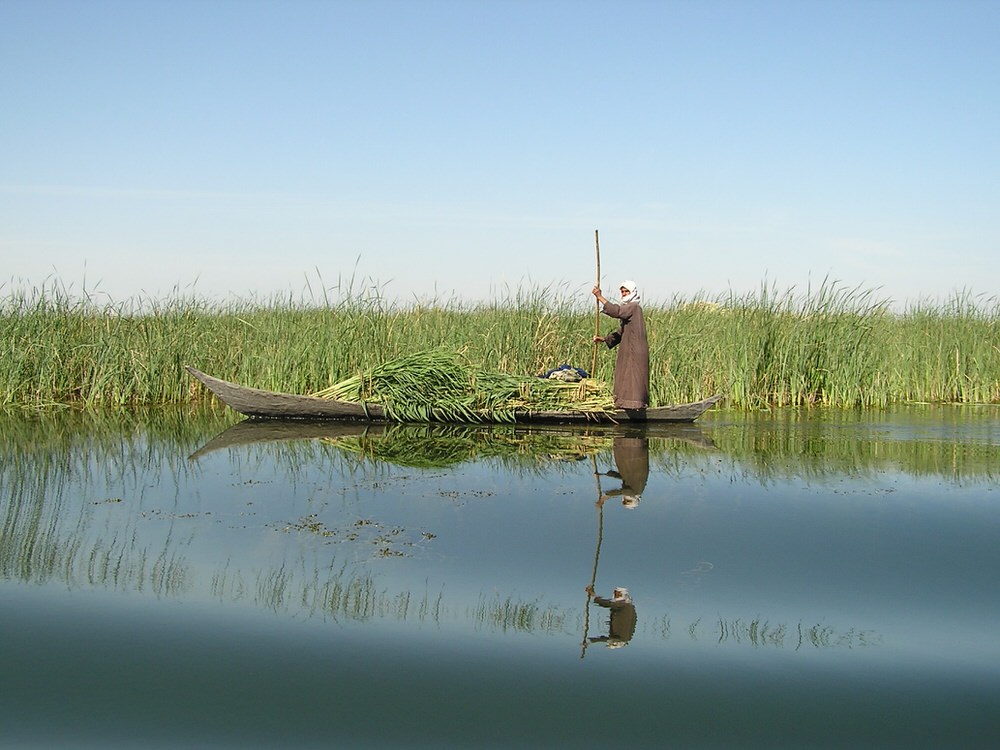
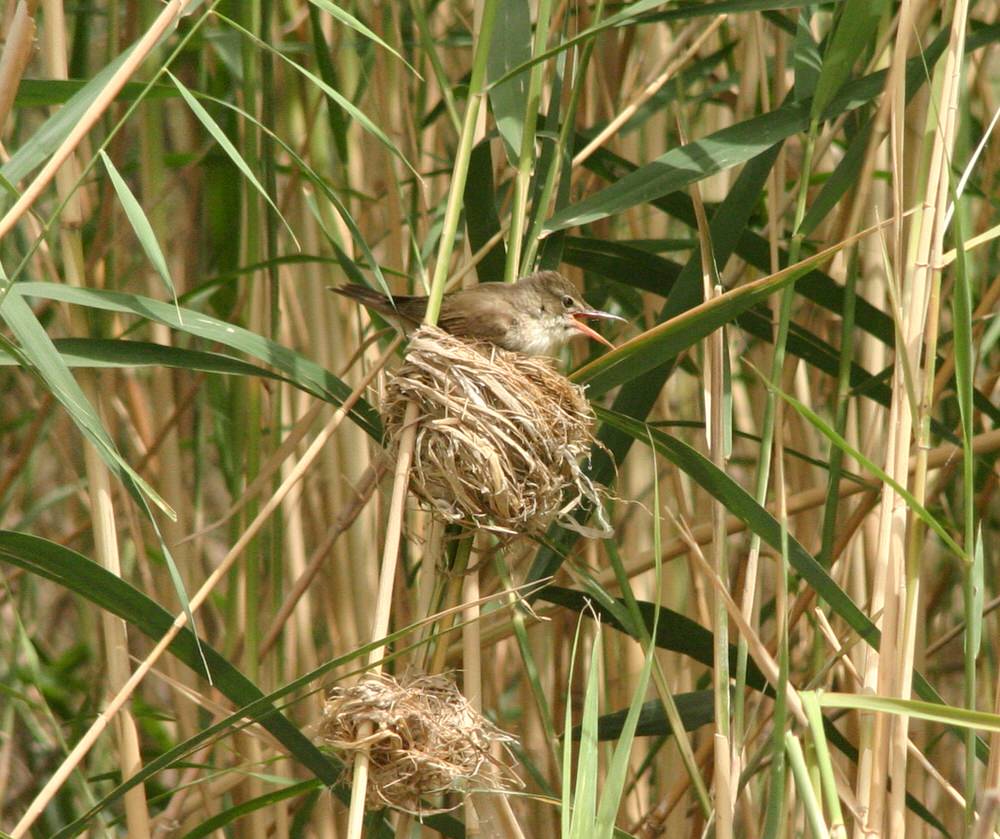
Nature Iraq began as EDEN AGAIN, a project that focused the world’s attention on the drying of the marshes of southern Iraq. Our work was focused on informing the world that the drying of the marshes was: 1- a political decision by the regime of Saddam Hussein to deprive his opposition of a base; 2- restoration is possible; 3- what is needed is the political will to restore the flow of water.
We made the point that the drying of the marshes is evidence of weapons of mass destruction in itself, as the drying has resulted in the displacement of Marsh Arabs whose culture and way of life are rooted in the dawn of civilization.
After the removal of the regime of Saddam, Eden Again was transformed into Nature Iraq, Iraq’s first environmental NGO. The initial work focused on the study of newly reflooded sectors of the marshes and us attempting to learn from nature what works best and replicating the conditions in unflooded parts of the marshes. In one single day, we excavated three major breaches on the Euphrates and caused as a result the reflooding of over 1000 square kilometers. I was soon introduced to BirdLife Middle East and became convinced the monitoring of the health of the ecosystem is more economically studied through the monitoring of the birds instead of collecting all the other indices such as water quality, flora, and benthic data.
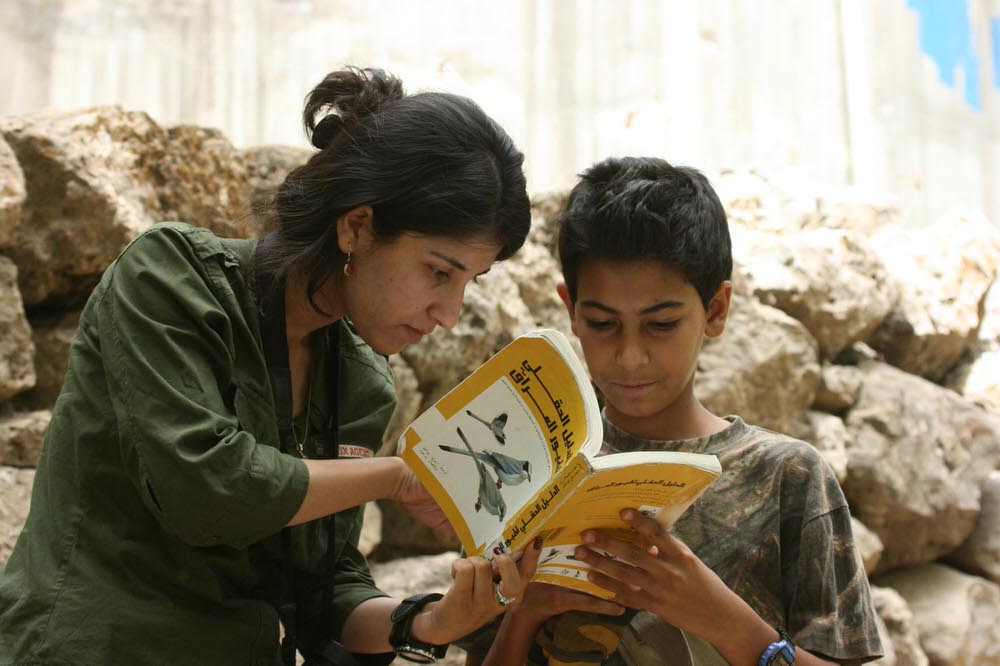
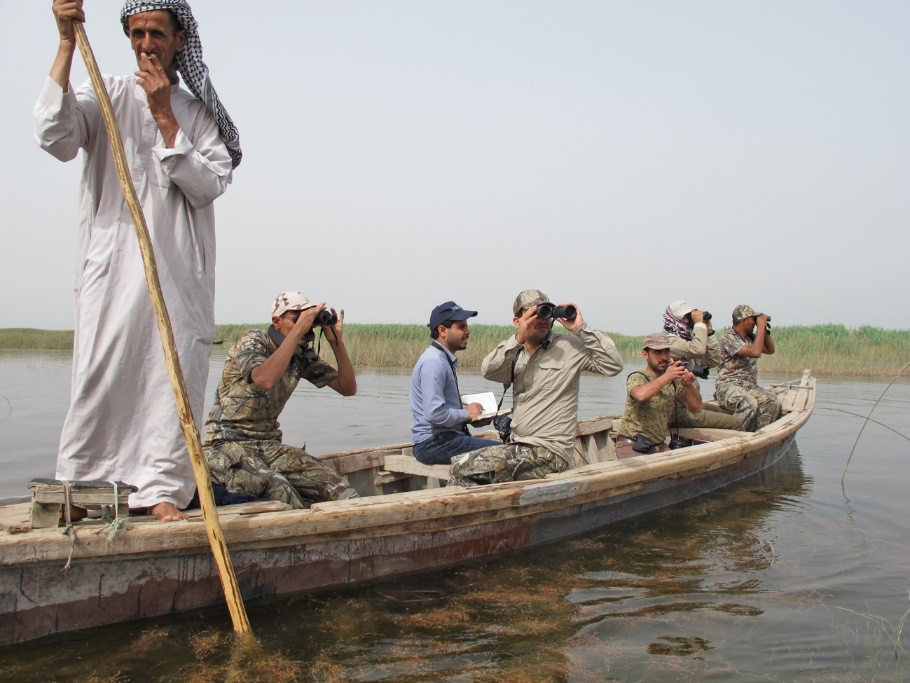
The problem is that there were not enough young birders, and there is a desperate need to update the field guides. Thus was born a new mission of Nature Iraq. A scientific-based approach to the preservation of nature and the cultural heritage of Iraq.
We also soon had to expand our work to follow the source of the water upstream as we learned that the re-flooding of marshes is not enough to restore nature as the natural pulse of floods that have driven the biological symphony of biodiversity of southern Iraq has been muted by the dams that have been built in the nineties in Turkey and Iran while Iraq was under sanctions and the regime was busy advocating for the removal of the sanction and could care less about Iraq’s historic rights to the waters of the Tigris and Euphrates.
Our teams, sometimes with more security guards than scientists, went to various sites around Iraq, collecting data seasonally for over five years. In the end, we decided that we had enough information to help select the best sites in Iraq that are worthy of being protected for future Iraqis. The analysis was published in the Key Biodiversity Areas of Iraq.
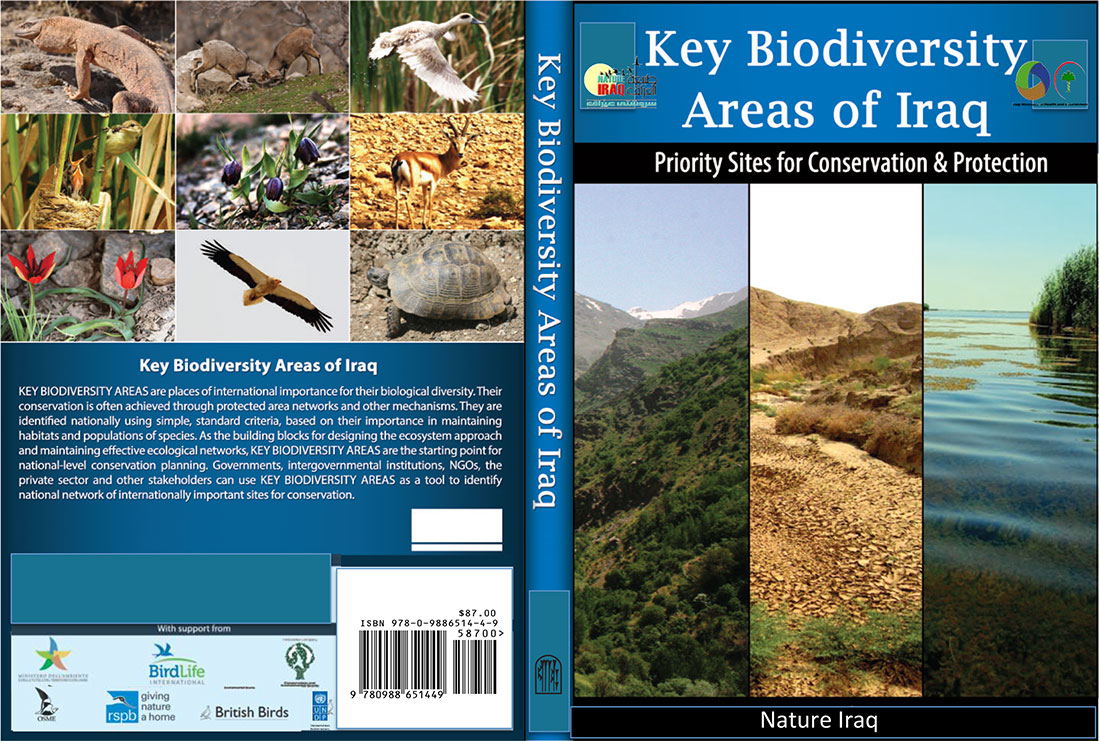
We also helped in registering the mashes as a Ramsar site and nominating them for UNESCO World Heritage Sites. We also worked on declaring the marshes the first national park of Iraq and are working to declare the majority of the sites in Key Biodiversity Areas of Iraq as National Parks.
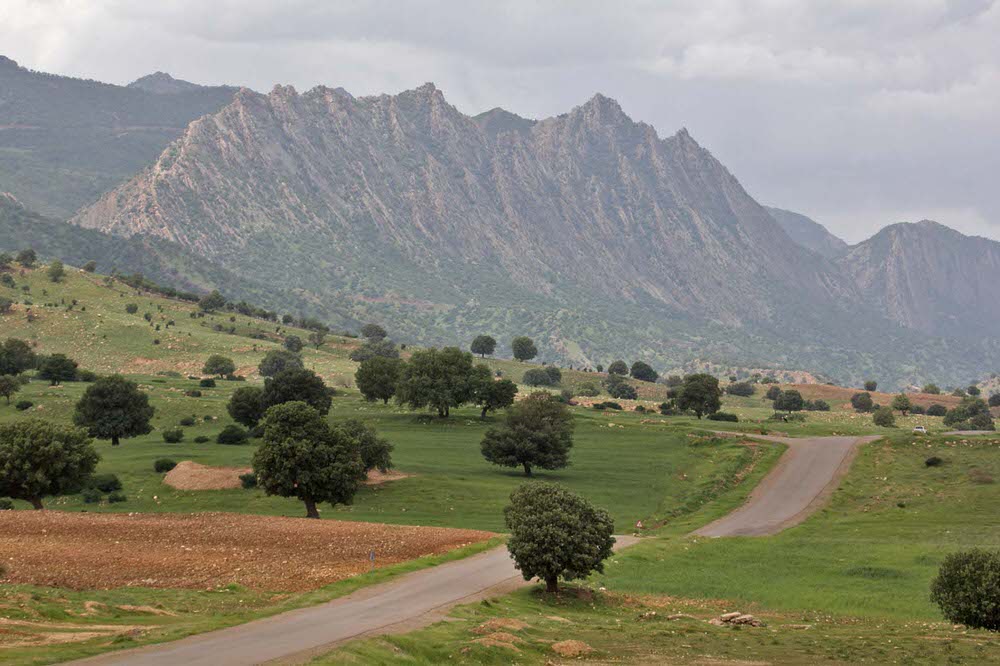
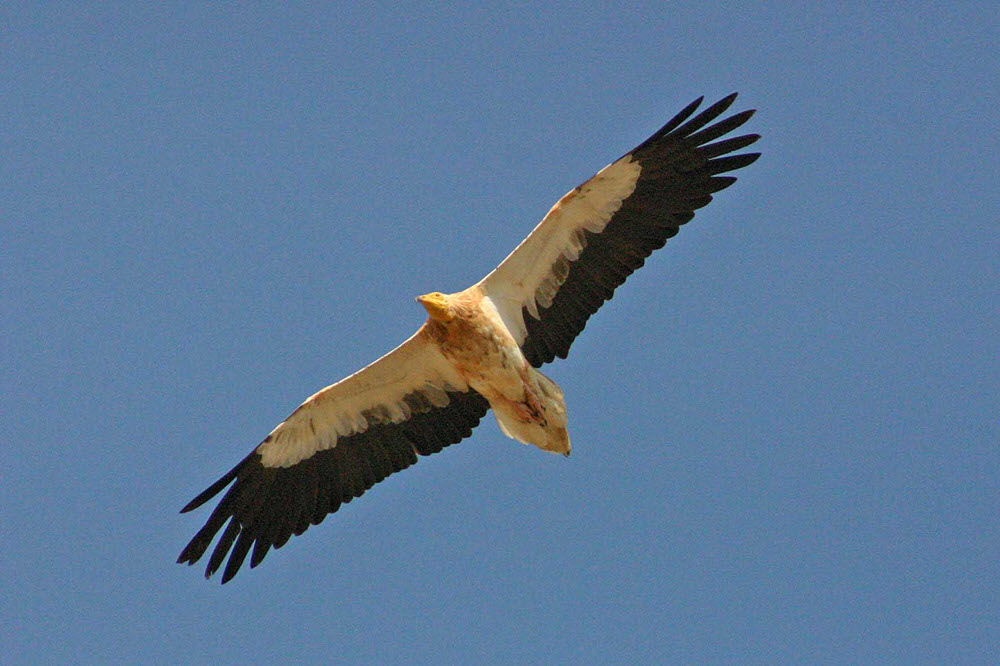
As we sit here almost twenty years since the establishment of Nature Iraq, I see an Iraq and a region that is threatened with climate change effects. We are facing droughts this year, but this threat pales in comparison to our increasing population and decreasing income from oil per capita. The United Nations indicates that Iraq is the fifth most Venerable nation to climate change. In recognition of this threat, I personally have been lobbying the politicians of Iraq for the past decade. In 2018, the then newly elected President, Dr. Barham Salih, asked me to be engaged with his office as a special advisor on climate change issues. I worked personally with the president and his staff to compile a plan (the Mesopotamian Revitalization Initiative) that is based on Iraq’s heritage of agriculture and trade, coupled with its high solar energy potential, to convert climate change challenges to Iraq and the region to an opportunity for cross border cooperation and economic integration as well as natural resource management. The plan was soon submitted to the ministerial council, and after several meeting, it was approved in principle as a basis for strategic planning of the future of Iraq’s economy. A new snap election was held in November, but no new government has been set in place, and the political turmoil is engulfing the nation as the struggle to control the immense wealth and trajectory of Iraq. Meanwhile, little has been done to bring about the changes called for in the Mesopotamian Revitalization Plan.
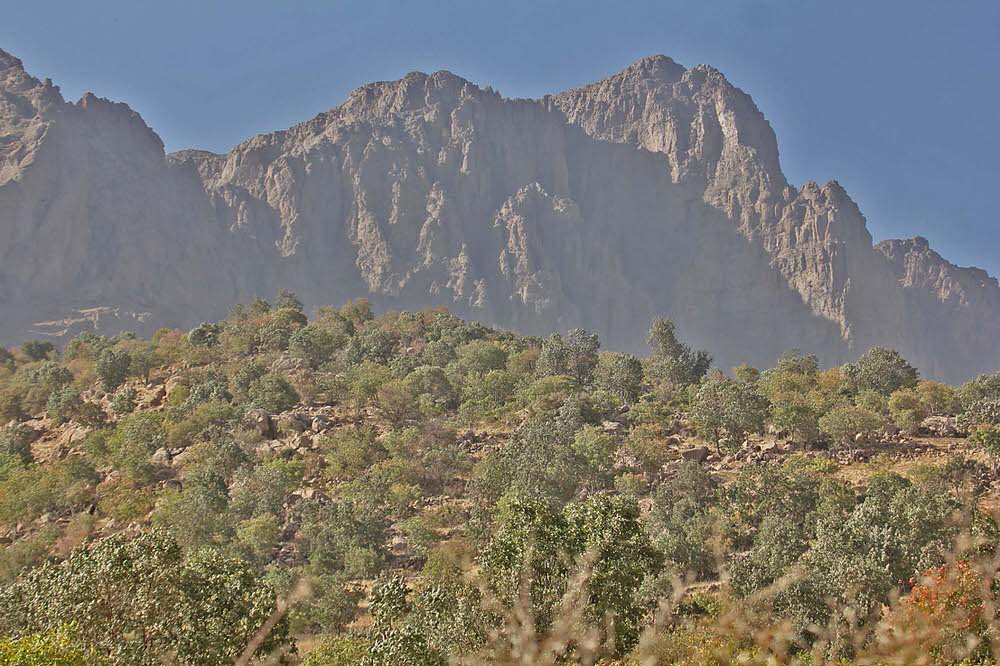
Instead of waiting or the politicians to get their act together, we are now working with UN agencies to activate the NGO sector and the private sector to initiate the Reforestation project of the Mesopotamian Revitalization Plan and to start pilot projects on the treatment of sewage using natural methods and introducing measures that would allow for the reuse of water. I look forward to celebrating the planting of the billion trees in ten years around and about the thirtieth anniversary of the creation of Nature Iraq. I expect that I will be attending the celebration as an emeritus member of the board of Nature Iraq. It is time for the next generation to take over.
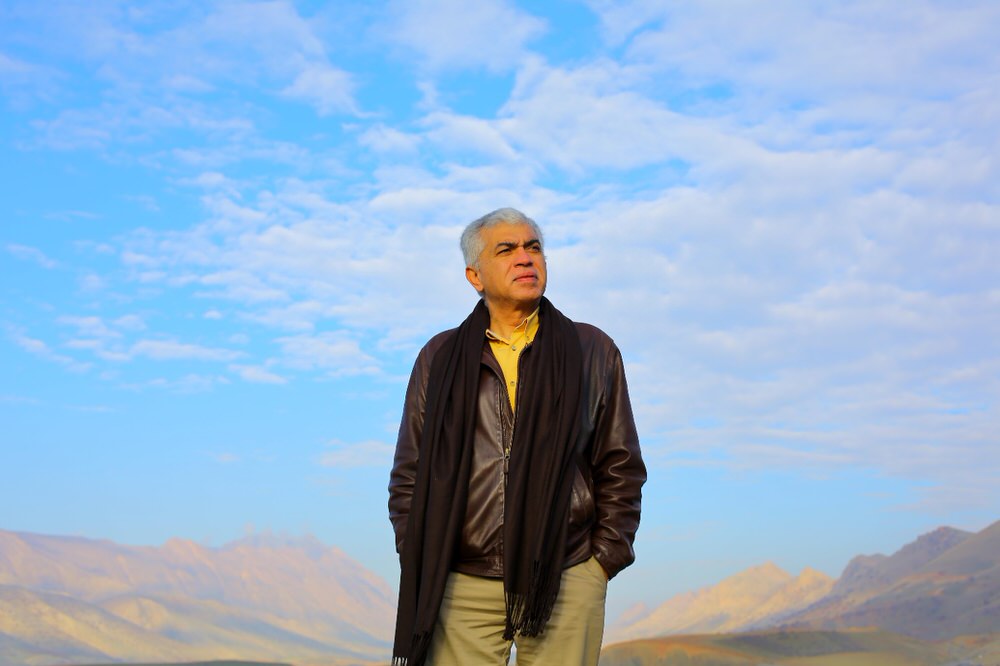
Dr. Azzam Alwash is the Chief Executive of Nature Iraq. He was awarded the prestigious Goldman Environmental Prize for his services to conservation.

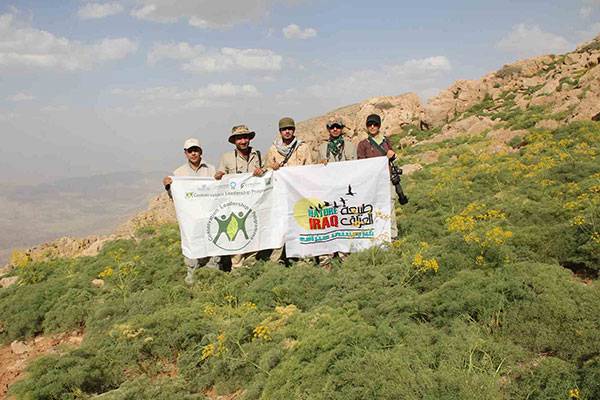
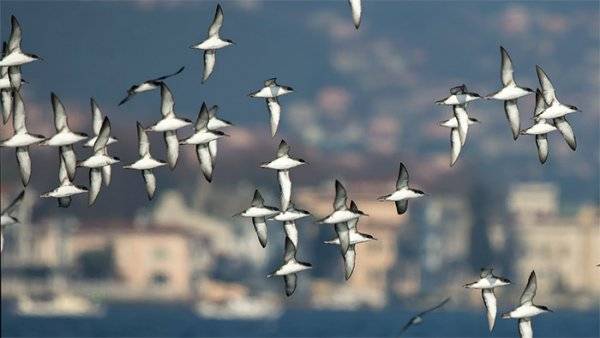
Wish you all success in your efforts.